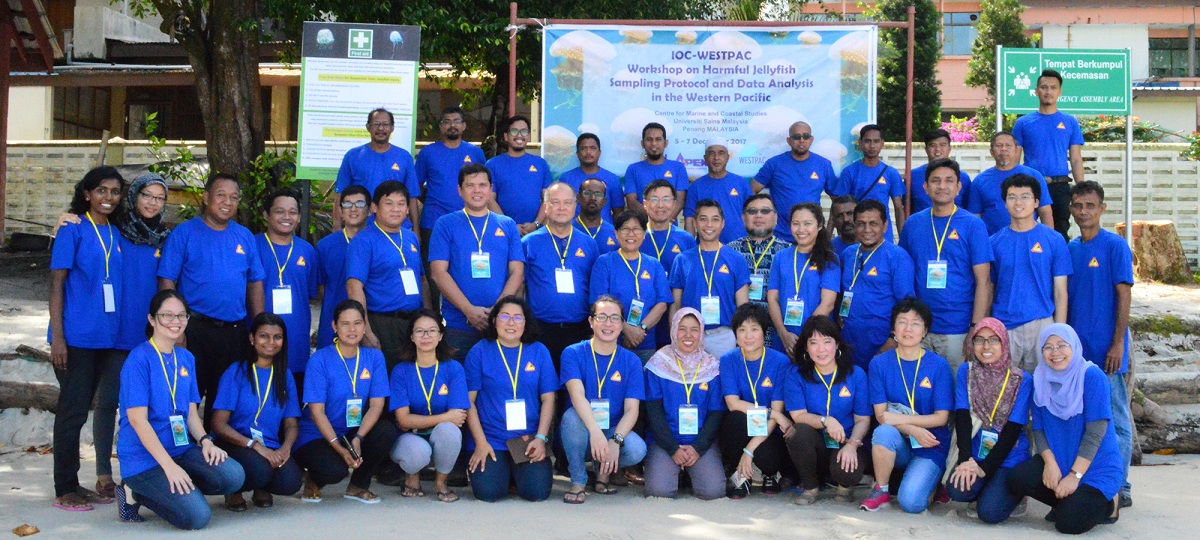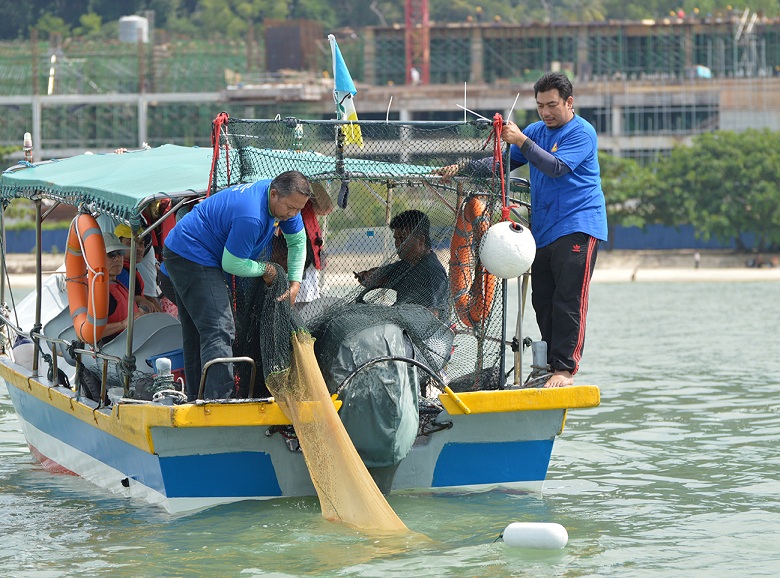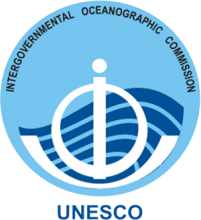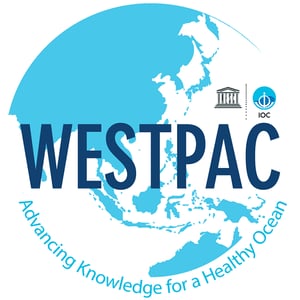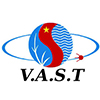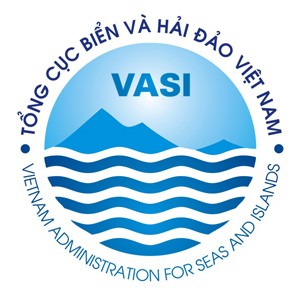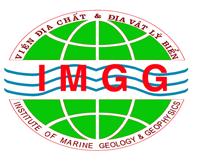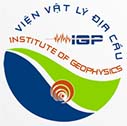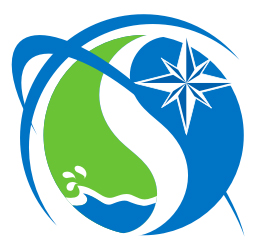The WESTPAC Workshop on Harmful Jellyfish Sampling Protocol and Data Analysis in the Western Pacific was held at Penang, Malaysia on 5-7 December 2017.
Penang - “Application of scientific knowledge to serve the need of the people is the true value of science,” Prof. Dato' Dr. Aileen Tan Shau Hwai, Director of the Centre for Marine and Coastal Studies (CEMACS) and the Principal Investigator (PI) of the WESTPAC Harmful Jellyfish Programme echoed at the inception workshop. The workshop entitled “Harmful Jellyfish Sampling Protocol & Data Analysis in the Western Pacific” hosted by CEMACS, Universiti Sains Malaysia, brought together over 40 scientists from 9 countries in the region.
Given the increasing concerns on the harmful jellyfish blooms and the undesirable impacts to socio-economic and human health the bloom incidents have caused in the region, it is critical to examine the state of our knowledge, identify gaps, and map priorities to collectively address this issue. In this light, WESTPAC established, at its 11th Session (21-23 April 2017, Qingdao, China), a regional programme with a view to assisting its member states to sustainably enhance harmful jellyfish research and network in the region and provide scientific guidance for remediation measures.
The three-day workshop featured overview of harmful jellyfish blooms and researches at the global, regional and national levels, sampling protocol and data analysis for jellyfish monitoring and research, clinical management of jellyfish sting and envenoming, field sampling and laboratory practices, and jellyfish sting first aid demonstration.
Just one day prior to this harmful jellyfish regional workshop, WESTPAC, CEMACS and partners offered a public seminar on “The Emerging Jellyfish Threat”. In addition to raise the awareness on this issue, the public seminar also enhanced multi-disciplinary collaborations among researchers, healthcare providers, private sectors, local communities and public. This event also received great attention from mass medias as the public event was published in several local news. There were more than 60 participants taking part of this public talk.
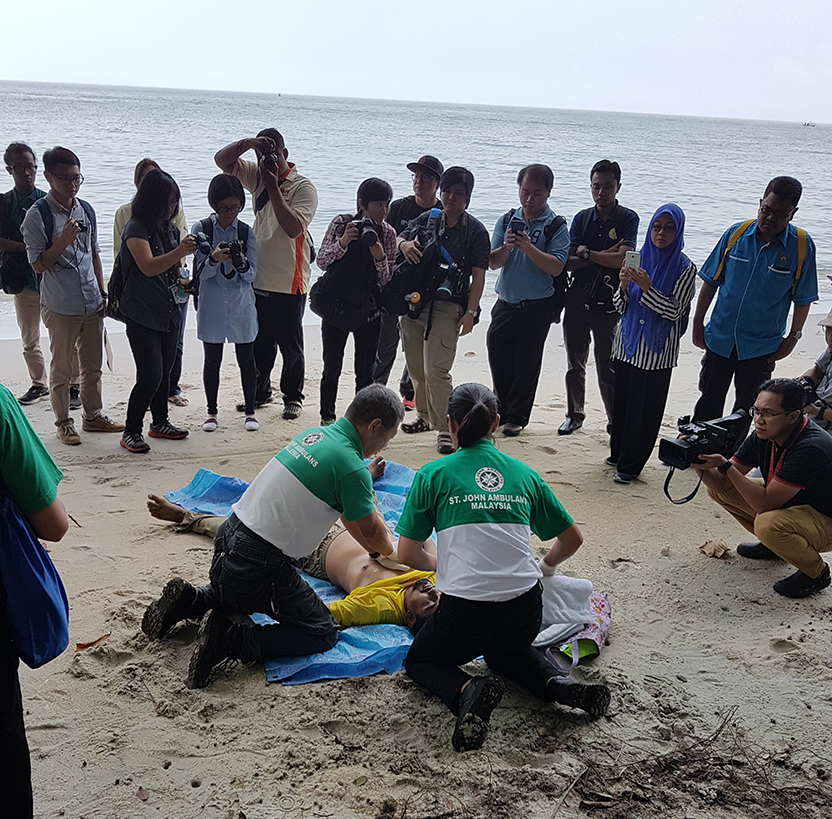
The regional workshop and public seminar stimulated extensive and intensive discussion from various perspectives. The regional workshop, in particular, generated positive results with all participants committed to work together to strengthen WESTPAC network on harmful jellyfish and determined to develop joint regional jellyfish researches/publications. With the proactive participations, national and regional existing knowledge and capacity on jellyfish research were mapped. Knowledge and capacity gaps of each country were identified. Regional priorities and a road map with an associated actionable workplan were defined.
Source: WESTPAC


